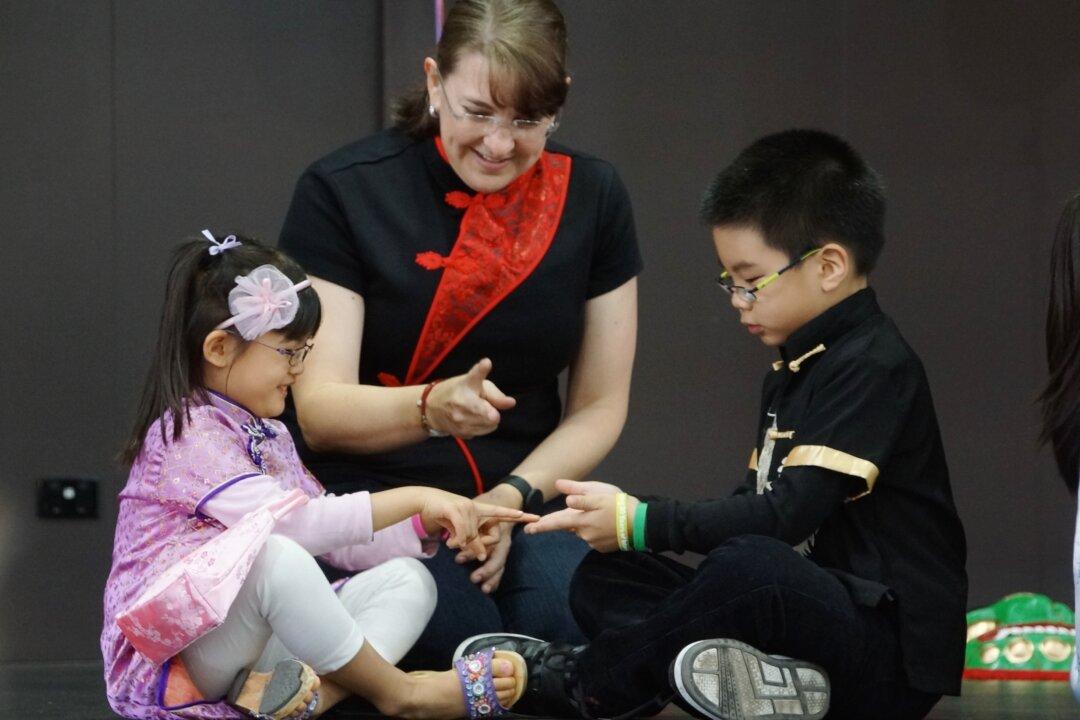China has abruptly ended its three-decade-long international adoption program, resulting in orphanages in the country losing their primary source of income.
At a daily briefing on Sept. 5, Chinese Foreign Ministry spokeswoman Mao Ning said the only exception would be cases in which the child is adopted by a blood relative or step-parent. She also noted that the adoption applications currently in process would be discontinued unless they qualify for exceptions.






